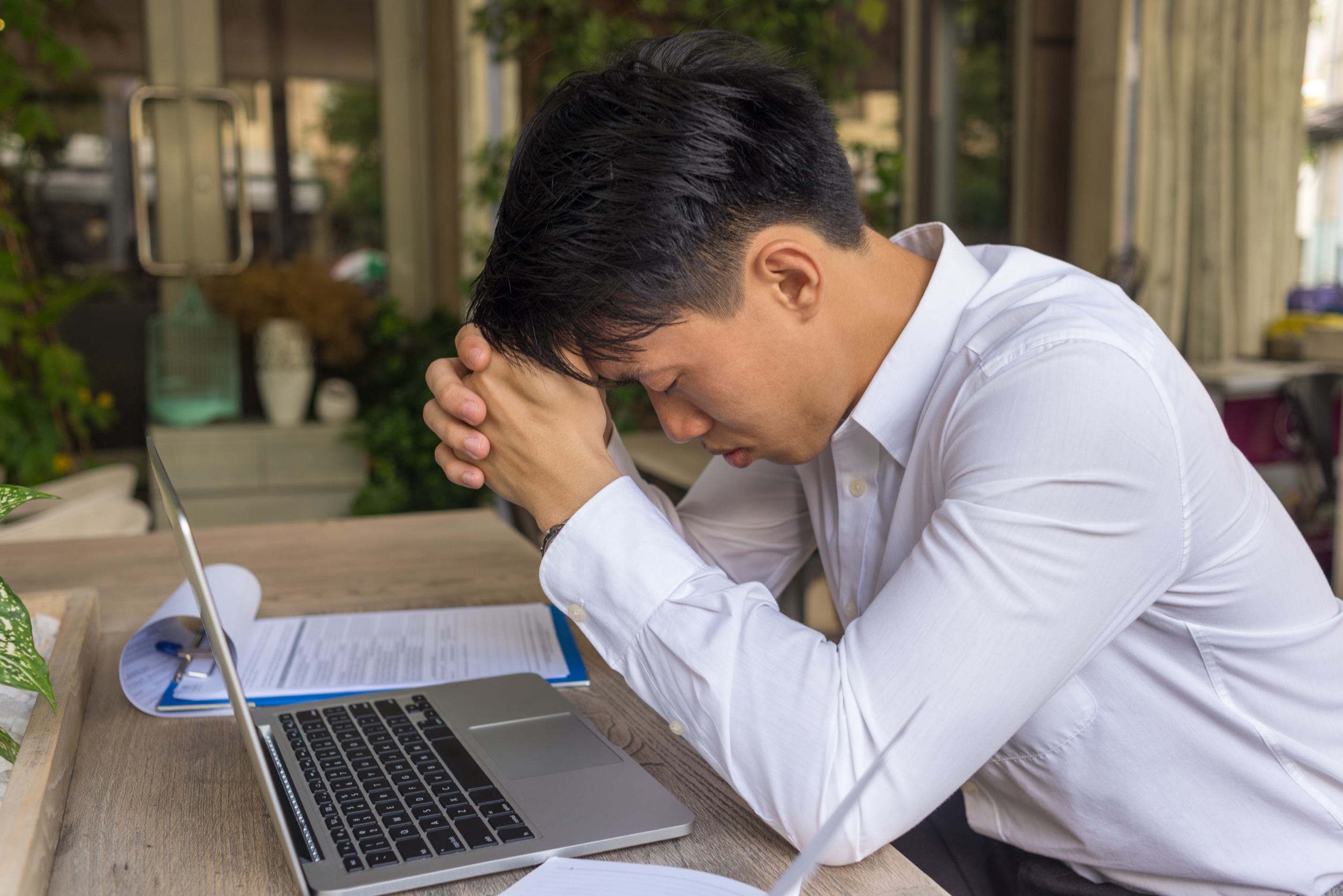Thailand approves 4,000-baht handouts for salaried workers

The handouts will be distributed in four instalments of 1,000 baht (US$33.4) per week via a mobile app – Paotung – developed by the finance ministry.
The scheme will benefit about 9.3 million company employees who fall under Section 33 of the 1990 Social Security Act, who must spend the money through the app at approved vendors.
To be eligible, applicants must not hold state welfare cards, and their combined bank balances must be less than 500,000 baht (US$16,695) as at the end of 2020.
Registration opens online from February 21.
Following the announcement, some have complained about the requirement to apply since they believe the Social Security Office already has detailed information of its members.
Others prefer cash handouts instead of having to use Paotung as they need the money in cash to pay rent or repay debts. The government, however, has restricted the use of the handouts to essential items.
In addition, some have questioned the amount of the handout as other groups of the population get 7,000 baht. In response, some officials explained the amount they get is lower than other groups because the government had already provided aid for the unemployed of this group during the first wave of the pandemic.
Separately, the Thai government opened an additional round of registration for 7,000-baht aid under the Rao Chana (We Win) programme for people who could not register through smartphones – mainly the elderly and the handicapped.
The Rao Chana programme is targeted to help these people cope with economic hardships during the second wave of the pandemic. About 31.1 million people received 3,500 baht (US$117) a month for January and February, costing the government 210.2 billion baht (US$7.0 billion).
Eligible recipients are state welfare cardholders, those previously eligible for the Co-Pay and We Travel programmes during the first wave of the outbreak and those who have never received COVID-19 state welfare, according to Bangkok Post.



